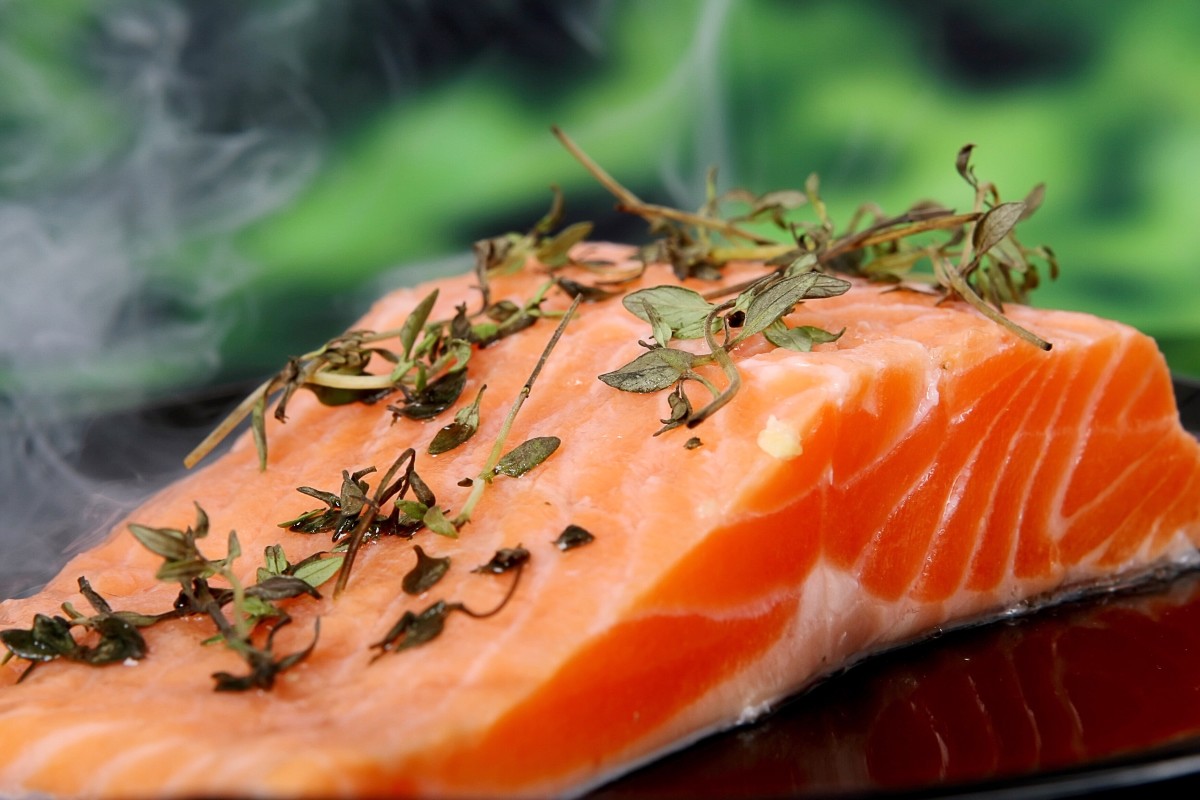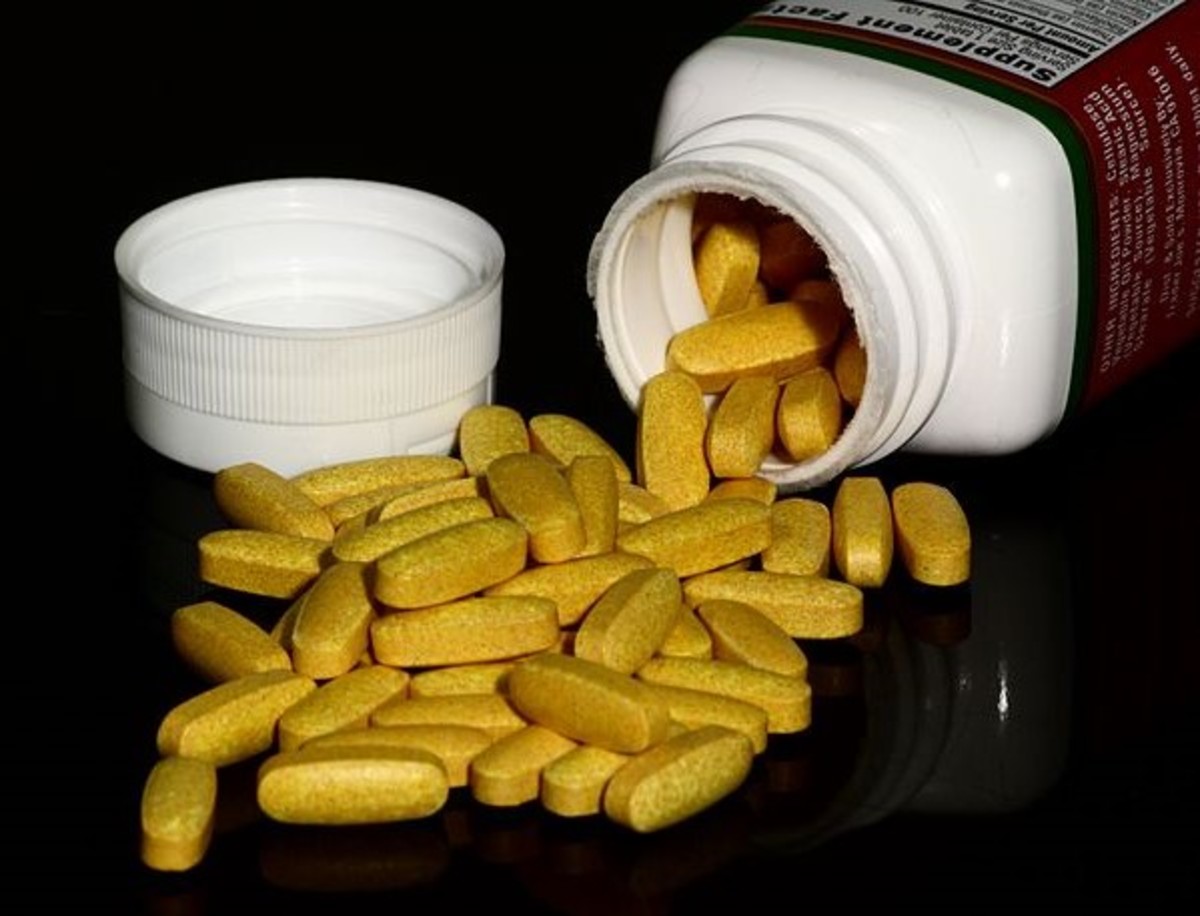Brain Food and Exercise Are Natural Ways to Keep Your Synapses Firing
Provide New Experiences for the Young Brain Daily
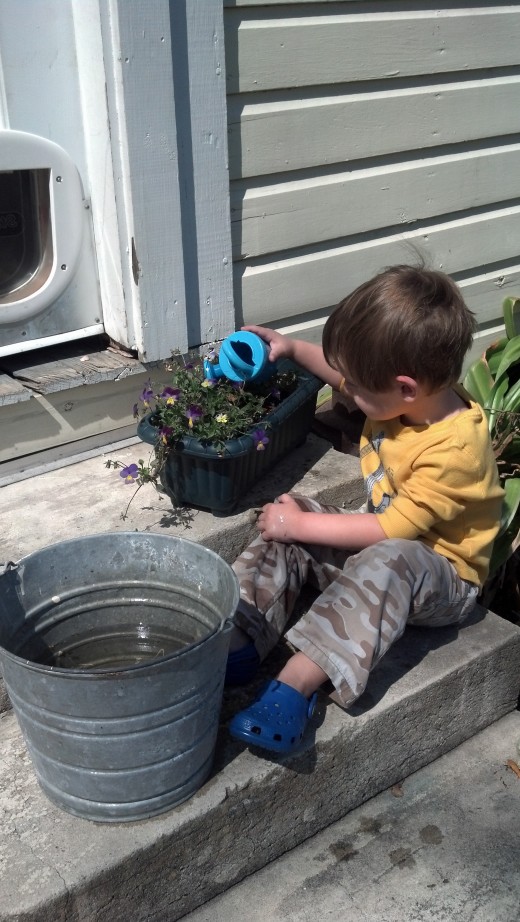
It is not uncommon to read about Alzheimer's Disease. We read of the devastation that this disease causes. Anything we can do to lessen the chances of having this disease take its toll on our lives is worth a try.
Eating foods that are nutritious and known to be sources of the vitamins, minerals, and trace elements that our body in general needs is one way to help to insure that 100 billion cells found in our brains are well and happy
To say that eating well and exercising the brain will keep the synapses firing is oversimplifying the complex processes that occur within our brains. Essentially providing a home for our brain that prolongs its growth and well being is our desire.
Each new experience provides food and stimulation for the brain. Providing such experiences for the young brain each day begins a healthy lifelong journey for our brain. Continuing to do so into adulthood and until the end of life provides the exercise and opportunities to grow that spell good health for this precious organ.
Learn More About Brain--Body Connection
Discover how your brain and body's care is up to you and is protected by the proactive steps you take.
Included in the hub here on Health and Fitness are the names of two books that have begun a new awakening within me:
the Brain Training Revolution by Dr. Paul Bendheim and Make a Good Brain Great by Dr. Amen.
An excellent video showing normal brain functin and abnormal brain function
Vitamins, Minerals, and Trace Elements
The vitamins, minerals and trace elements that keep coming up as significant are:
- Vitamin C
- Vitamin E
- B Vitamins
- Calcium, Potassium, Sodium
- Folic Acid
- Magnesium
Some of our brain foods
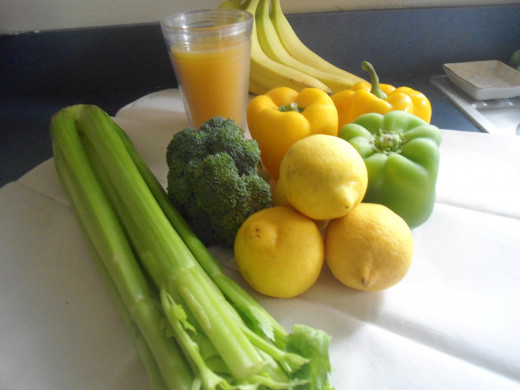
Give our brain what it needs
Our body needs just the right combination of vitamins, minerals, and trace elements to perform at optimal level. It therefore is not surprising that our brain requires the same. The importance of these substances in to our brain cannot be overstated. Each day scientists are exploring new relationships between the importance of them and our brains.
It cannot hurt us to eat well for the general welfare of our bodies and if it a little extra attention is given to feeding our brain that is even better.
The vitamins, minerals and trace elements that keep coming up as significant are:
- Vitamin C
- Vitamin E
- B Vitamins
- Calcium, Potassium, Sodium
- Folic Acid
- Magnesium
That is not to say that there are not others that should be on the list. These are just the ones that came up most often as this topic was researched.
As more discoveries are made about this complex organ known as the brain, the list of what is best for it will grow and may even change.
Food sources of some B vitamins
B 1 can be found in sunflower seeds, macadamia nuts, pine nuts, pecans, pistachios, dried herbs such as rosemary and thyme, sage, paprika, mustard seed.
Some other sources include pork chops and fish.
Legumes, whole grain rice, and molasses are also sources to consider adding to your diet.
Vitamin B 6 is another of the B vitamins that is essential for a healthy brain. B6 helps the body produce neurotransmitters which help the brain and nerve cells to communicate.
Foods that are sources of Vitamin B6 are: tofu, chicken breast, bananas, seedless raisins, nuts, winter squash, marinara sauce, cottage cheese, watermelon, onions, spinach, chick peas.
How they function and foods sources for them
Vitamin C is a cure all for everything many say. Naturally it will be good for our brains. One area that is scores points in is maintaining the structure of our blood vessel and it helps lower blood pressure.
Select the sources of vitamin C that you and your family like: oranges, grapefruit, lemons, limes, melons, papayas, cherries, kiwis, strawberries, bell peppers.
Vitamin B 12 keeps our nerve and blood cells healthy.
Some of the sources of this vitamin are found in sea foods such as:
lobster, crab, fish, clams oysters, octopus, mussels, and caviar.
Other sources include liver, beef, cheese, and eggs.
Vitamin B 1 "is involved in numerous body functions, including nervous system and muscle functioning; the flow of electrolytes in and out of nerve and muscle cells (through ion channels); multiple enzyme processes (via the coenzyme thiamine pyrophosphate)...." according to mayoclinic.com. It is another important vitamin we need to be aware of and be certain we have the correct intake of via food or a supplement.
Folic acid
Folic acid is important for a number of reasons but for purposes of this article its use as a preventative for memory loss, preventing heart disease and stroke are of significance to you.
Foods that will provide your necessary folic acid are: avocado, okra, a variety of beans and peas including black beans, lentils, pinto beans, garbanzo beans, green beans, navy beans, split peas.
Potassium, magnesium, and sodium
Potassium is important for the functioning of the heart, nerves, and muscles to name a few areas it helps to keep healthy.
Foods rich in potassium include: apricots, avocado, beets, bananas, brussel sprouts, dates, figs, skim milk, kiwis, and nectarines.
Magnesium is important in protecting the brain and nerves as well as the lungs and digestive system. It is also important in preventing neurotoxins. It is also given intravenously prior to brain surgery. Besides its other properties it also acts as a natural anesthetic so other anesthetics can be safely reduced when it is administered.
Foods that contain magnesium are:
black beans, broccoli, halibut, okra, oysters, soy milk, spinach, tofu, scallop, oysters.
Sodium is important as it aids in the transmission of signals along the nerves. We are often cautioned about over use of sodium but we do need some each day.
Sodium occurs in such foods as mollusks, fish and meats, and grain foods.
Use discretion when adding salt to foods and read labels to determine the sodium in a product.
Water water water. Everyday
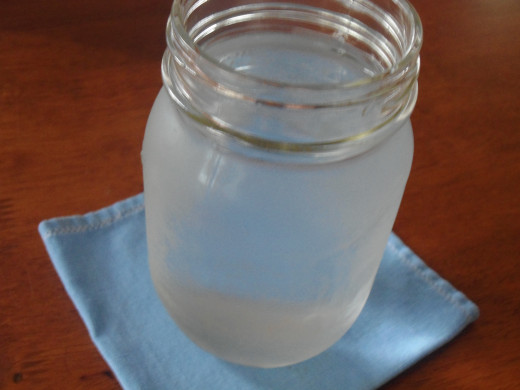
Water, water, water
Drink water every day. Your brain likes it. You have probably heard that so many times you may want to say, "enough already." It just cannot be said enough times.
According to Discovery News, your brain functions better right after drinking water. For all of my friends here on HubPages and beyond, perhaps you can do your own little experiments with this.
If you do not usually keep water at your writing station, maybe you will want to begin today keeping water with you as you work. Try sipping water while you are writing. See if you notice a difference. It cannot hurt and who knows, your thinking skills may be sharper.
Keeping young brains hydrated
One summer when I taught summer school, we focused on keeping the brains of our students hydrated. They were given bottles of water to drink, encouraged to drink it, and given more as requested. They were also given grapes to eat throughout the morning not just at snack time. This was not a scientific experiment with control groups so no conclusive evidence can be quoted for the overall high performance of the students.
The results may have only been because of the Hawthorne Effect. This is a phenomenon that causes individuals to change their behavior when they know they are participating in an experiment. These were kids and they knew that having bottles of water whenever requested and having grapes often was not the norm. So that could have skewed the results. Who knows and it really does not matter. The fact remains...keeping our bodies and brains hydrated is important.
Are you doing all you can to keep your brain healthy?
Brain exercises
- Regular exercise that involves your body is important for brain health. Walking, running, swimming, biking. Find a way each day to give your body some kind of exercise that will elevate the heart rate and give you that natural high that exercising produces. It's good for your brain.
- Exercise your brains. Some ways to exercise your brain:
- crossword puzzles
- jigsaw puzzles
- sudoku
- scrabble
- word whomp
There are an abundance of free puzzles on line that are word puzzles and others as well. In addition to solving the puzzles, your brain gets a work out as you use the keys to solve the puzzles.
- Additionally, you can play card games and word games like scrabble with friends.
- Read.
- Take up hobbies and crafts.
- Switch it up. Use the opposite hand to write, brush your teeth, eat, wash dishes ...it causes new wrinkles in the brain.
Taking a bit of extra care to eat well will give you a double dose of good health: healthy body, healthy brain.
Exercise your body...your brain will love you for it.
Exercise your brain using suggestions here and others that you have already found are helping.
sources
http://books.google.com/books?id=W0HH2Ve_UPsC&pg=PA81&lpg=PA81&dq=is+magnesium+given+prior+to+brain+surgery&source=bl&ots=OcEM5N9DrY&sig=CtAt88vKpWpW0FHYYkvLSimaqkg&hl=en#v=onepage&q=is%20magnesium%20given%20prior%20to%20brain%20surgery&f=false
This content is accurate and true to the best of the author’s knowledge and is not meant to substitute for formal and individualized advice from a qualified professional.
© 2012 Patricia Scott


